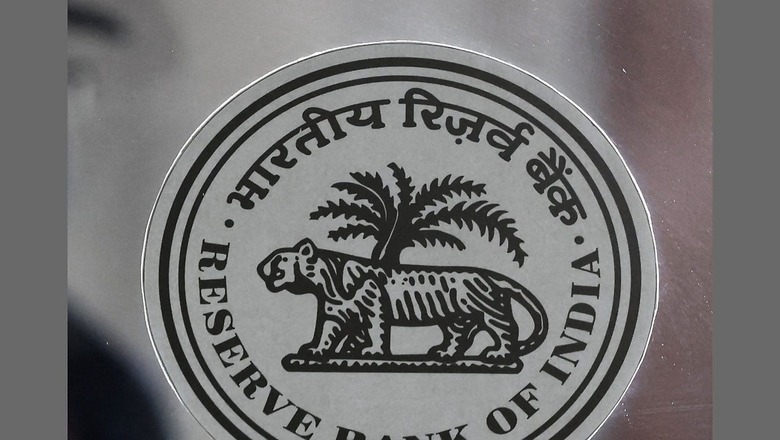
views
The Reserve Bank of India Retail Direct Scheme was launched with an objective to provide the retail investors of the country a simple, safe, secure direct access to the Indian Government securities market.
In simple words, RBI Retail Direct has been formulated as a one-stop solution to facilitate investment in Government Securities by individual investors.
The online portal makes it convenient for the retail investors to invest in Central Government securities, State Government securities and Sovereign Gold Bonds through digital mode.
Why RBI Launched Retail Direct Scheme?
The investors in the Government securities (G-sec) market in India are mostly institutions like commercial banks, co-operative banks, regional rural banks, provident funds, insurance companies, pension funds, mutual funds and non-banking finance companies. Retail participation, i.e., participation by individuals in the G-sec market has been very limited.
Promoting retail participation in the G-sec market is beneficial to both the issuer and the investor. From the issuer‘s perspective, a diversified investor base for government bonds ensures stable demand for G-sec.
Further, a heterogeneous investor base with different time horizons, risk preferences, and trading motives ensures active trading, creates liquidity and allows the Government to raise borrowings at a reasonable cost. On the other hand, from the investors‘ perspective, it provides an alternative investment option with decent returns and capital protection.
What Are The Kinds Of Government Securities That I Can Invest In Through The RBI Retail Direct Platform?
1. Government of India Treasury Bills (T-Bills)
2. Government of India dated securities (dated G-Sec)
3. State Development Loans (SDLs)
4. Sovereign Gold Bonds (SGB)
What Is Government Security?
Government security (G-Sec) means a security created and issued by the Government for the purpose of raising a public loan or any other purpose as notified by the Government in the Official Gazette and having one of the following forms.
-A Government Promissory Note (GPN) payable to or to the order of a certain person; or,
-A bearer bond payable to a bearer; or
-A stock; or
-A bond held in a Bond Ledger Account (BLA).
Retail investors (individuals) have the facility to open and maintain the ‘Retail Direct Gilt Account’ (RDG Account) with RBI.
Retail Direct Gilt (RDG) Account means gilt account maintained in the books of RBI under the Retail Direct Scheme.
What Are The Benefits Of The Scheme?
Retail investors have the facility to open and maintain the ‘Retail Direct Gilt Account’ (RDG Account) with RBI.
The investor can place non competitive bids in Primary issuance of all Central Government securities (including Treasury Bills and Sovereign Gold bonds) as well as securities issued by various State Governments.
Under this scheme, the individual can also access the Secondary market through ‘NDS OM’ – RBI’s trading system. The investor will automatically receive any interest paid/maturity proceeds into his linked bank account on due dates.
Eligibility: RBI Retail Direct Scheme
Retail investors, as defined under the scheme, can register under the Scheme and maintain a RDG Account, if they have the following:
i) Rupee savings bank account maintained in India;
ii) Permanent Account Number (PAN) issued by the Income Tax Department;
iii) Any OVD for KYC purpose;
iv) Valid email id; and
v) Registered mobile number.
Non-Resident retail investors eligible to invest in Government Securities under Foreign Exchange Management Act, 1999 are eligible under the scheme.
The RDG account can be opened singly or jointly with another retail investor who meets the eligibility criteria.
How To Open RBI Direct Gilt Account?
RDG Account can be opened through an ‘Online portal (https://rbiretaildirect[Dot]org[Dot]in)’ provided for the purpose of the scheme. The ‘Online portal’ will also give the registered users the following facilities:
- Mobile number linked to your Aadhaar
- Active Saving Bank Account with net banking/UPI facility
- Signature image of Account Holder(s)
- Original PAN Card (For Video KYC)
- Bank account number and IFSC code
- Address proof in case of address change
Other Instructions
- For Aadhaar based KYC, please complete Video Identification within 3 days
- Please enable pop ups on your PC/Mobile
- Allowable file formats are JPG, JPEG, PNG, and PDF and maximum file size 2 MB
Read all the Latest Business News here


















Comments
0 comment